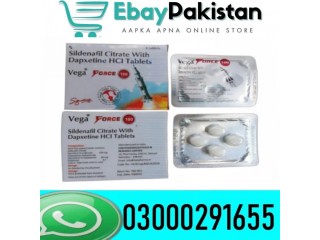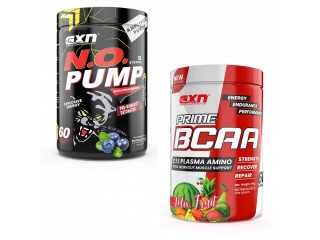Is It Safe to Use Aluminum Foil in Cooking? Private
3 years ago - Fashion, Home & Garden - Barddhamān - 175 viewsAluminum strip and foil products are common household products that’s often used in cooking.
Some claim that using aluminum foil in cooking can cause aluminum to seep into your food and put your health at risk.
However, others say it’s entirely safe to use.
This article explores the risks associated with using aluminum foil and determines whether or not it is acceptable for everyday use.
What Is Aluminum Foil?
However, studies show that single zero aluminum foil, cooking utensils and containers can leach aluminum into your food.
This means that cooking with aluminum foil may increase the aluminum content of your diet. The amount of aluminum that passes into your food when cooking with aluminum foil is affected by a number of things, such as:
Temperature: Cooking at higher temperatures
Foods: Cooking with acidic foods, such as tomatoes, cabbage and rhubarb
Certain ingredients: Using salts and spices in your cooking
However, the amount that permeates your food when cooking can vary.
For example, one study found that cooking red meat in double zero aluminum foil could increase its aluminum content by between 89% and 378%.
Such studies have caused concern that the regular use of aluminum foil in cooking could be harmful to your health. However, there is currently no strong evidence linking the use of aluminum foil with an increased risk of disease.
Potential Health Risks of Too Much AluminumContainer aluminum foil isn’t considered dangerous, but it can increase the aluminum content of your diet by a small amount.
If you are concerned about the amount of aluminum in your diet, you may want to stop cooking with aluminum foil.
However, the amount of aluminum that foil contributes to your diet is likely insignificant.
As you are probably eating far below the amount of aluminum that is considered safe, removing aluminum foil from your cooking shouldn’t be necessary. Aluminum strip casting is a key contributor to weight saving possibilities, particularly in the automotive industry and although strip casting has been established for over 50 years, it continues to increase in popularity.Casting speeds can be limited by several factors including the type of alloy being cast and the desired sheet thickness required
In the automotive industry, decreasing weight is one of the most important challenges which needs to be solved and using aluminum alloys instead of the more traditional steels enables a great opportunity to decrease weight substantially of the overall vehicle.
However, sheets of aluminum alloy used for automobile body work are very expensive. Therefore, in order to make use of aluminum alloys cost effective it is necessary to develop a low cost aluminum alloy sheet which can handle the intended application requirements.
The development of continuous casters for aluminum products has been well documented over the past 50 years. Processes are classified according to the thickness that can be produced using either thin slab or strip casting. Thin slab and thin strip casting bypasses the semi-finished product stage, reducing reheating and eliminating a number of rolling steps, thus providing for considerable energy savings and significant improvements in productivity.










